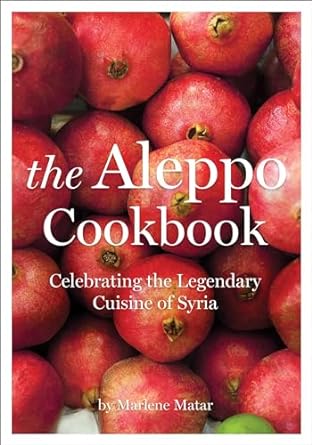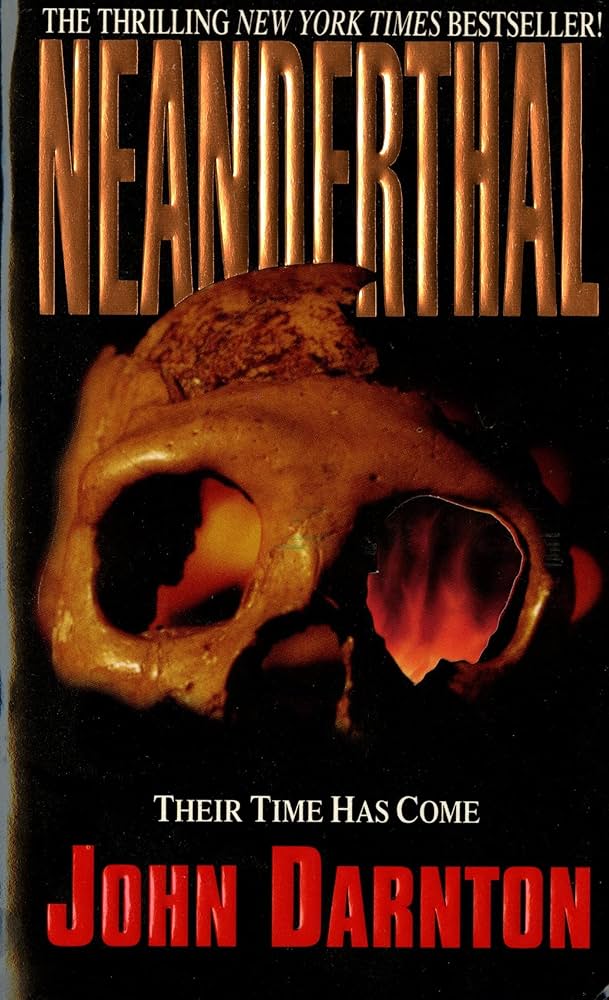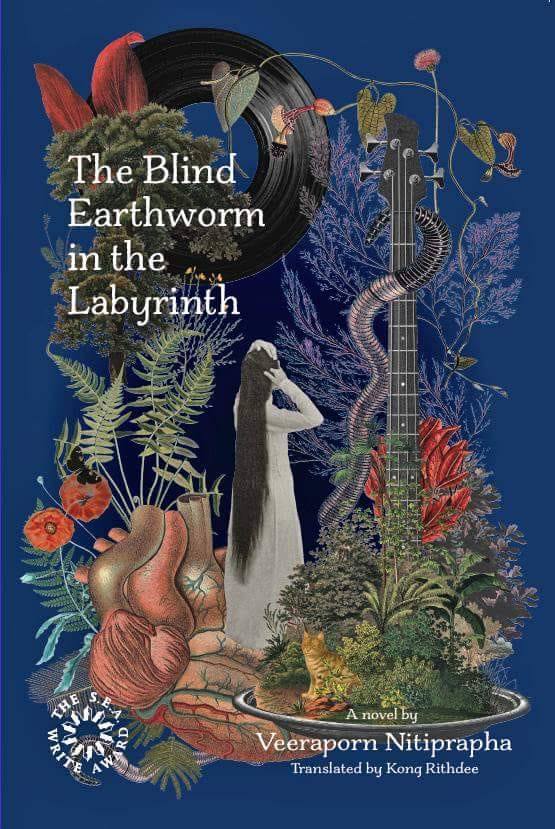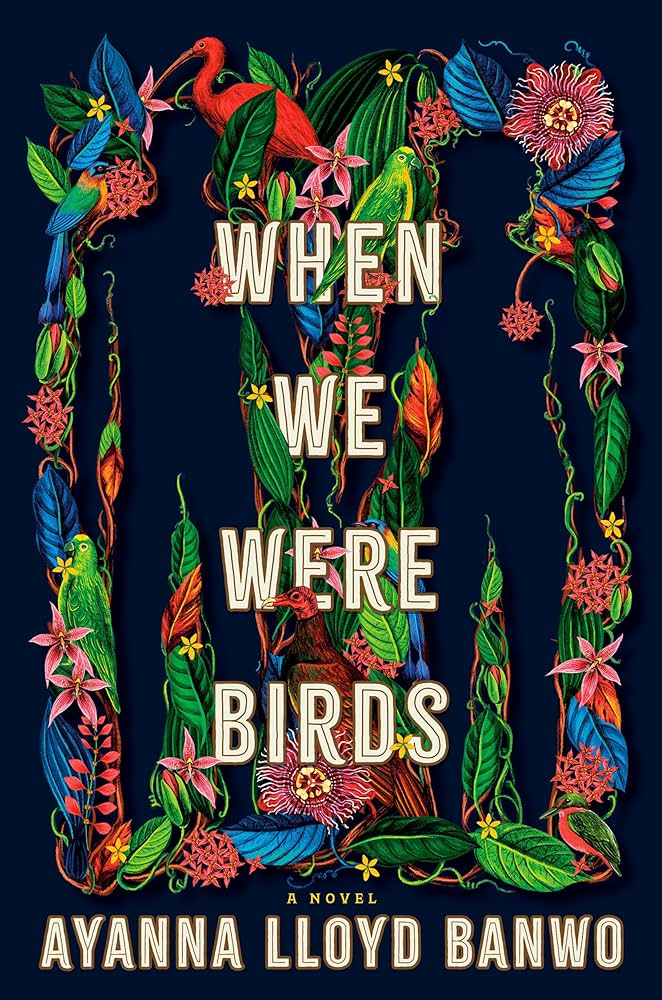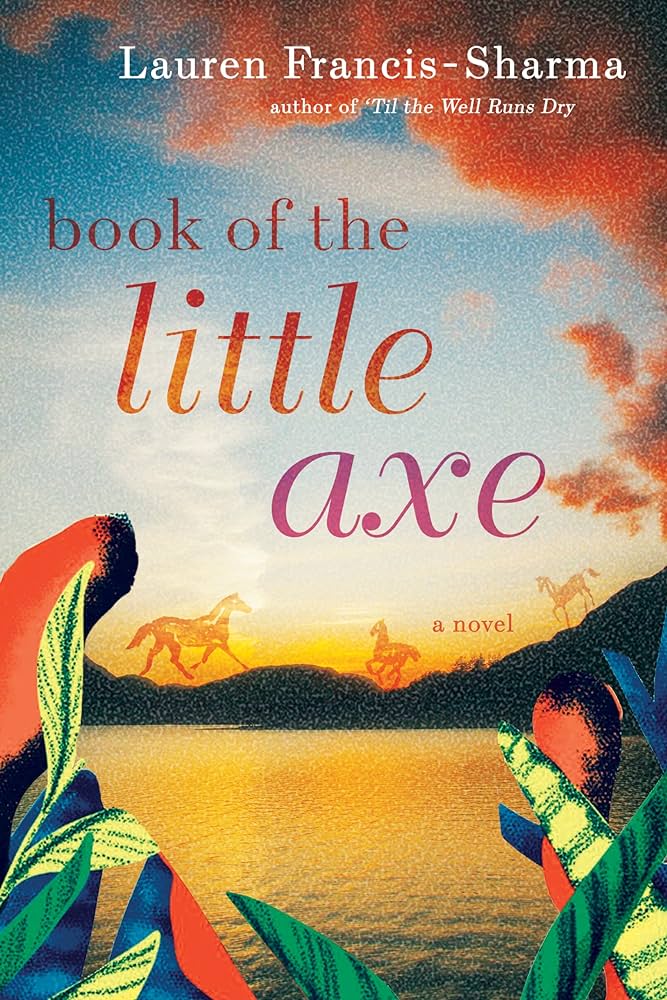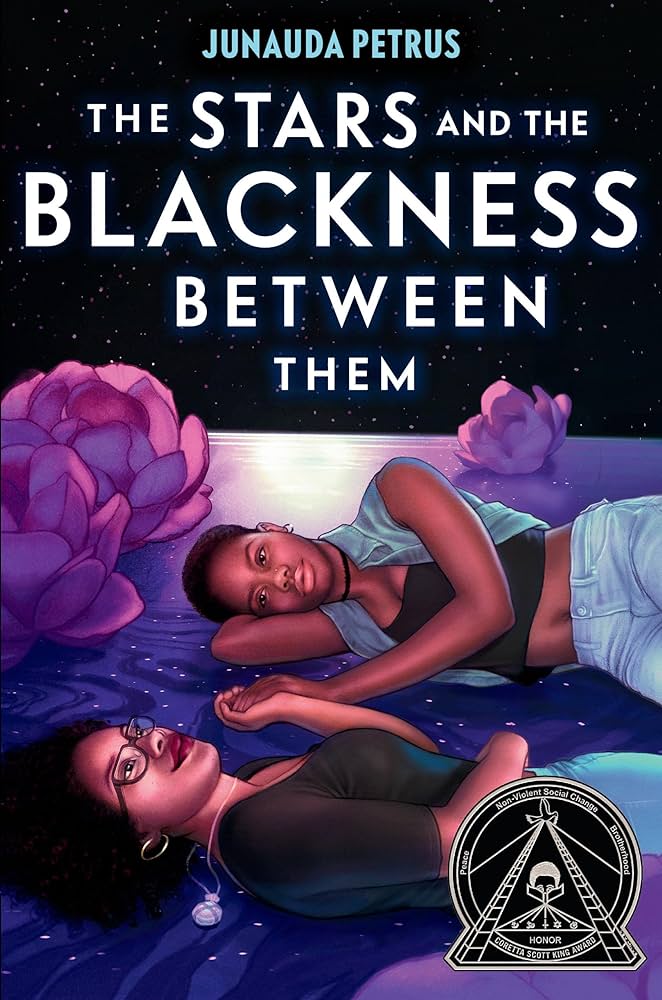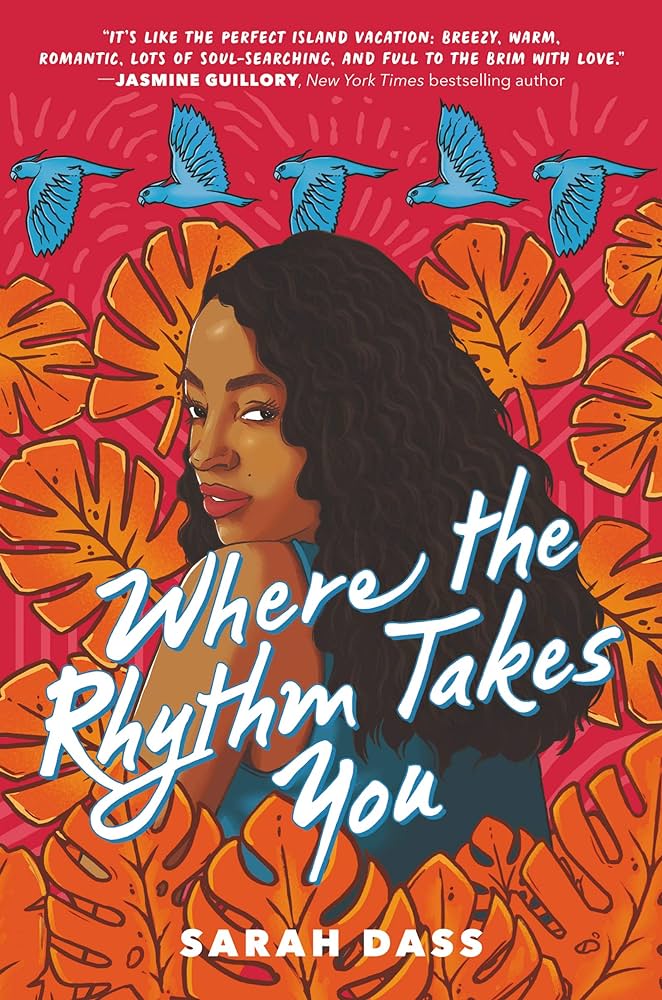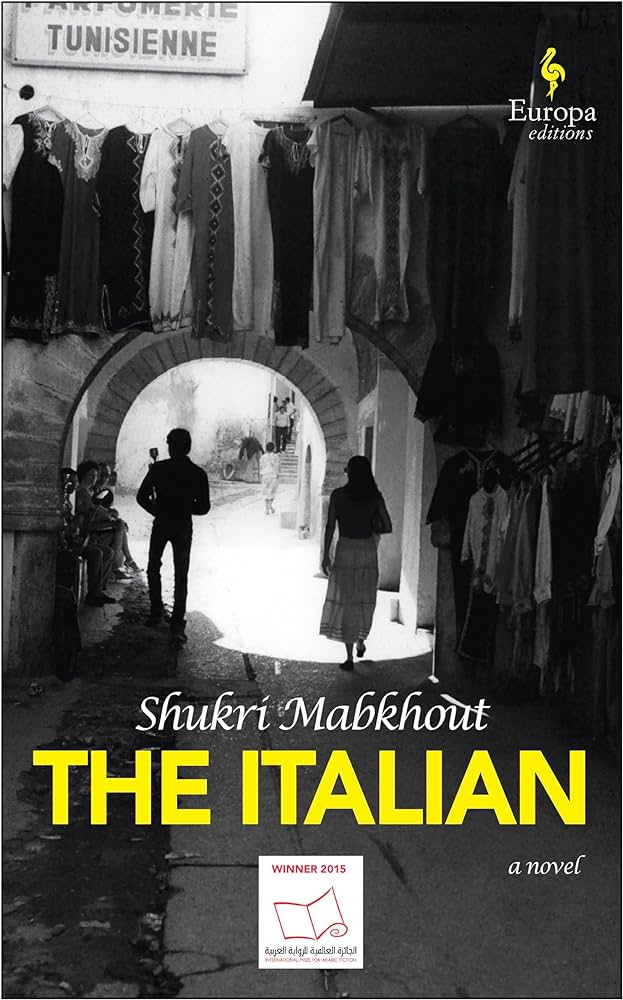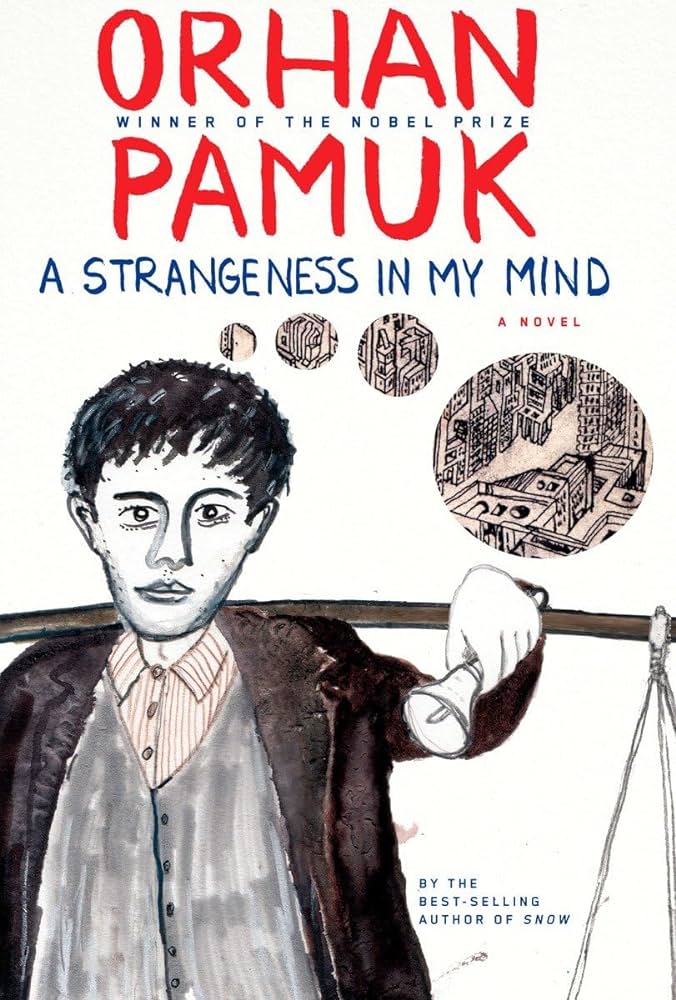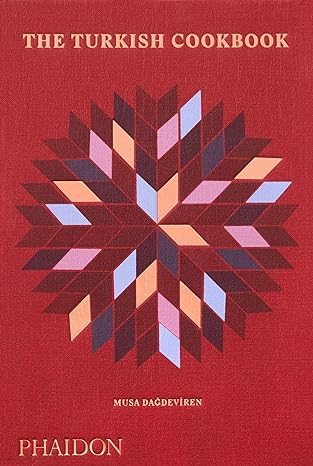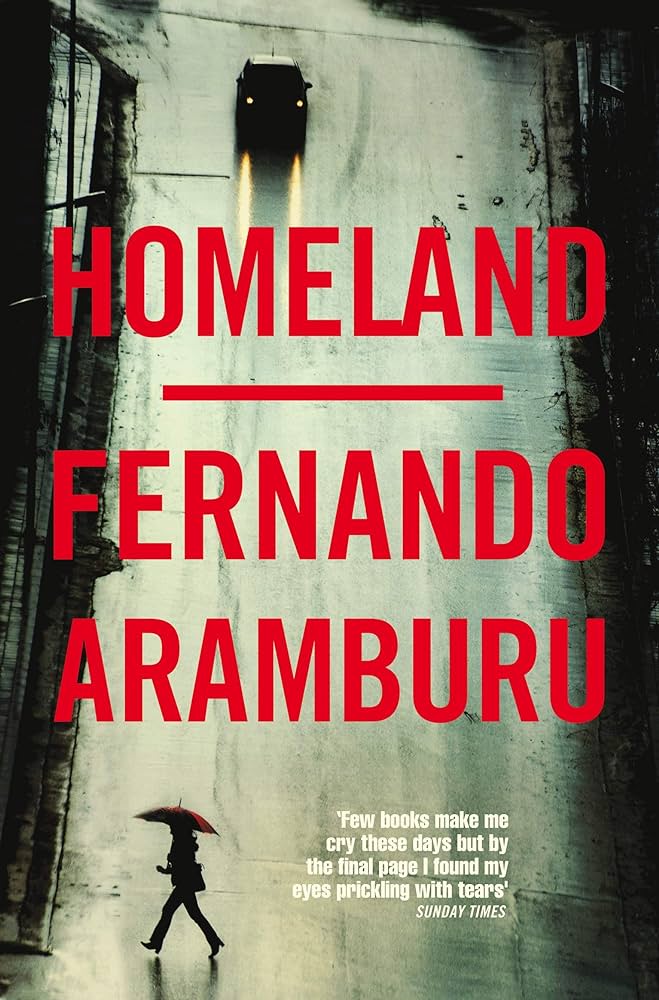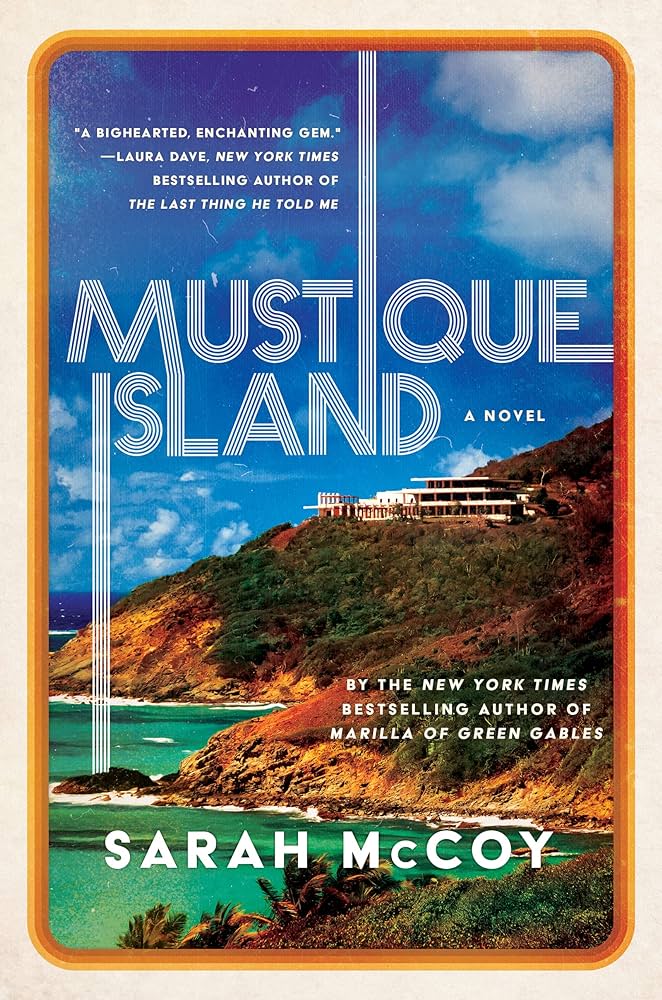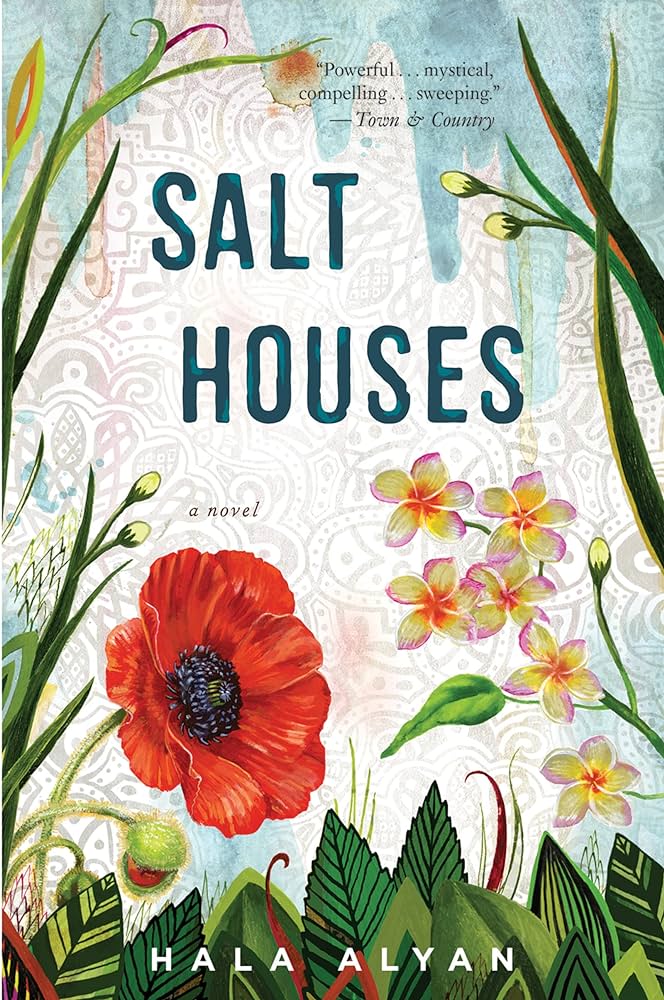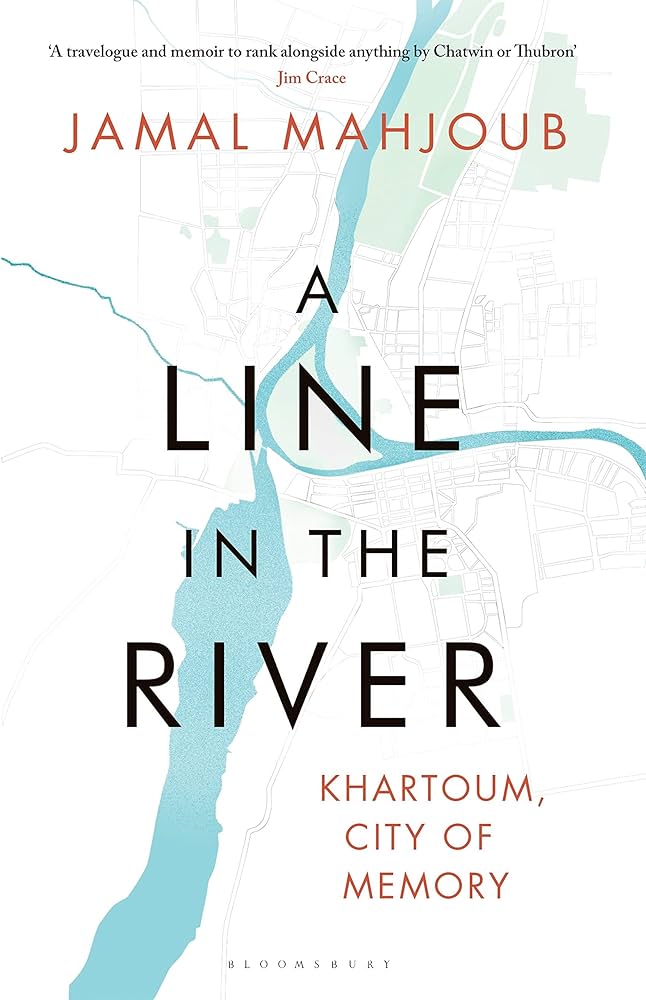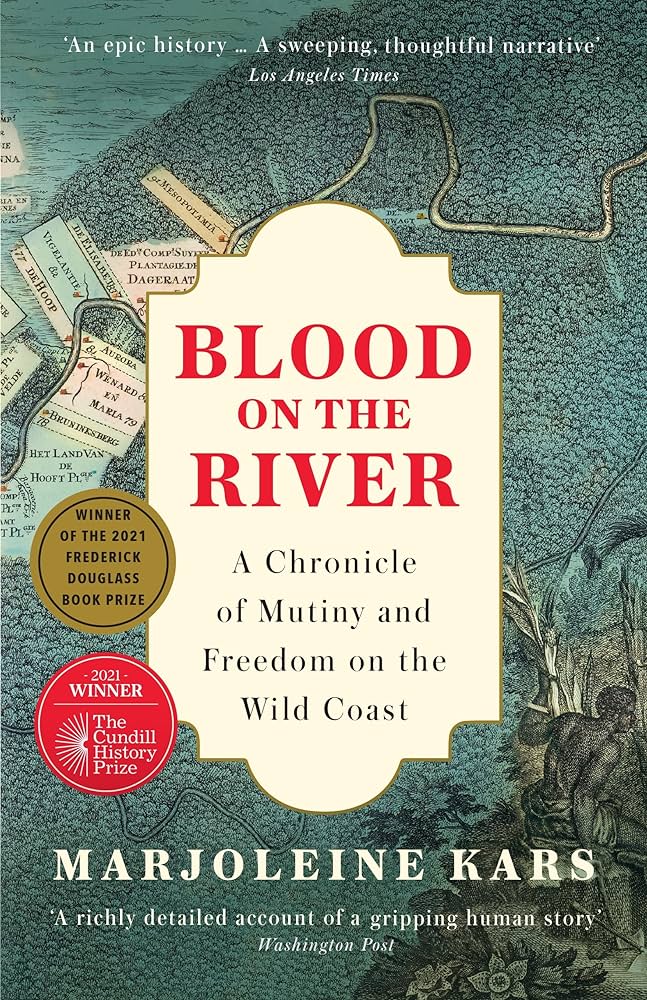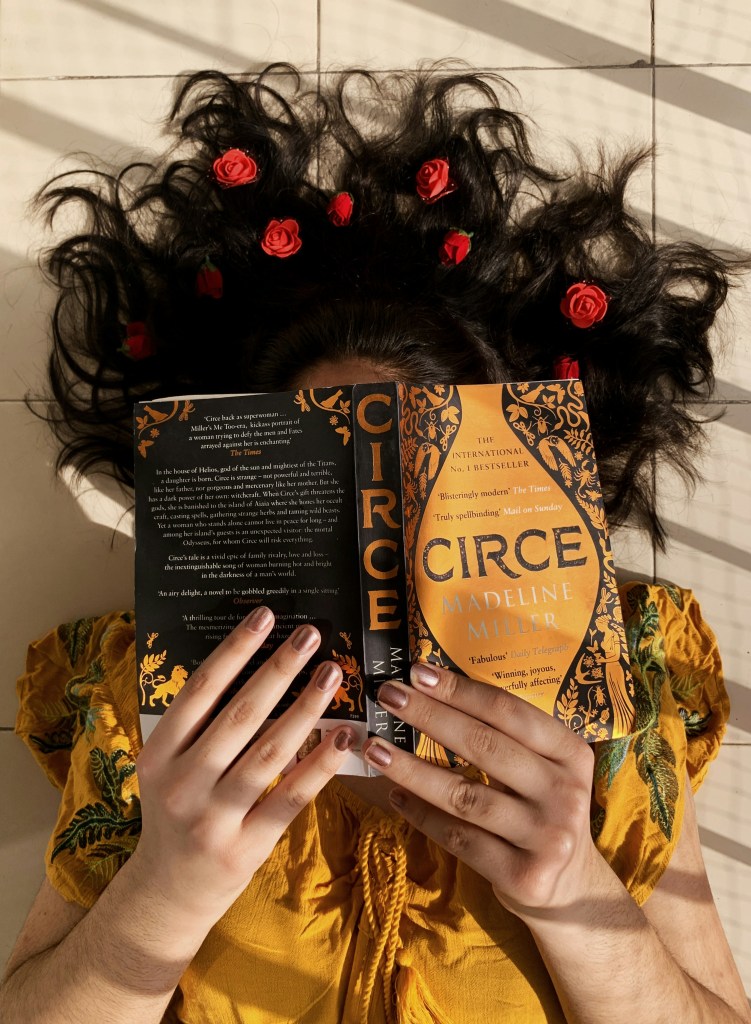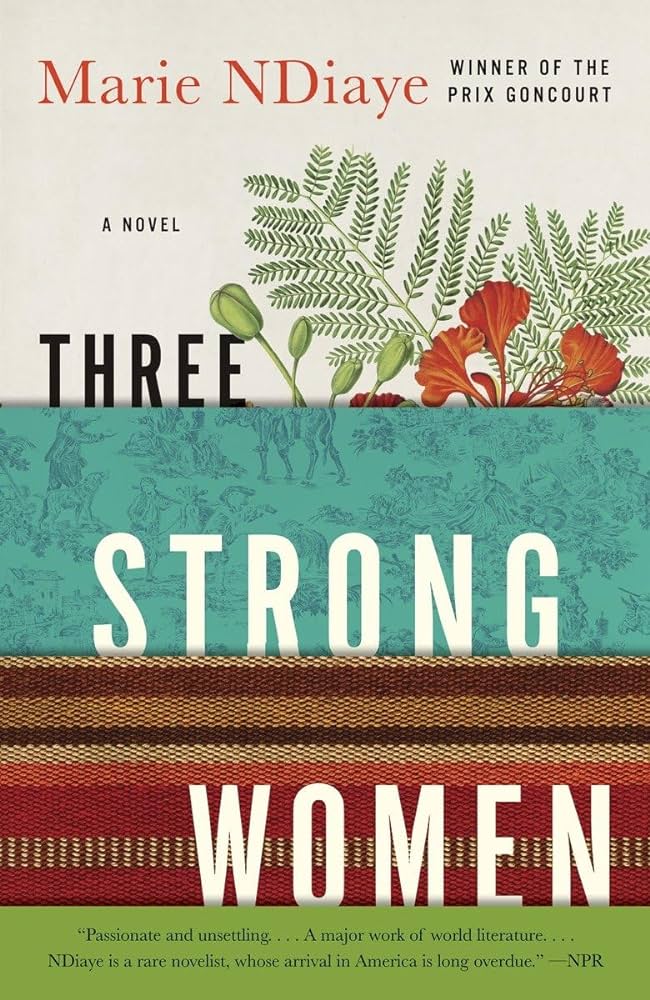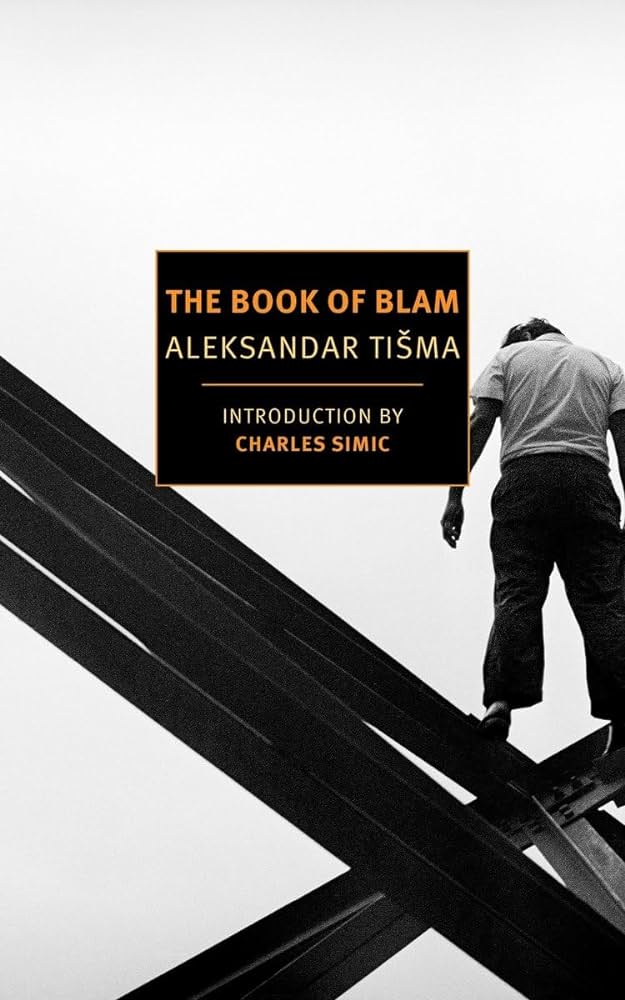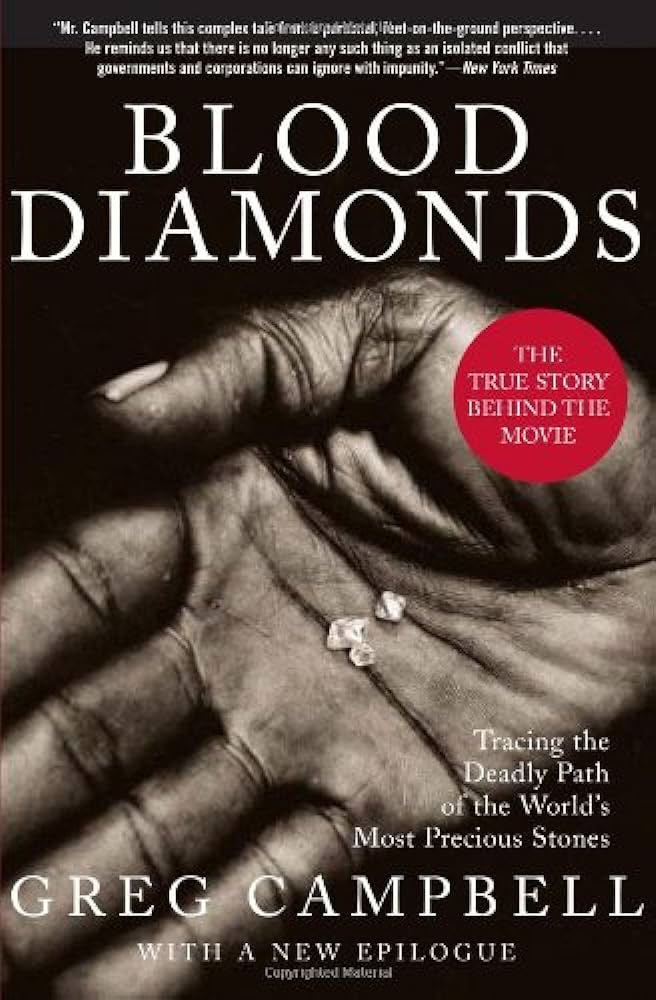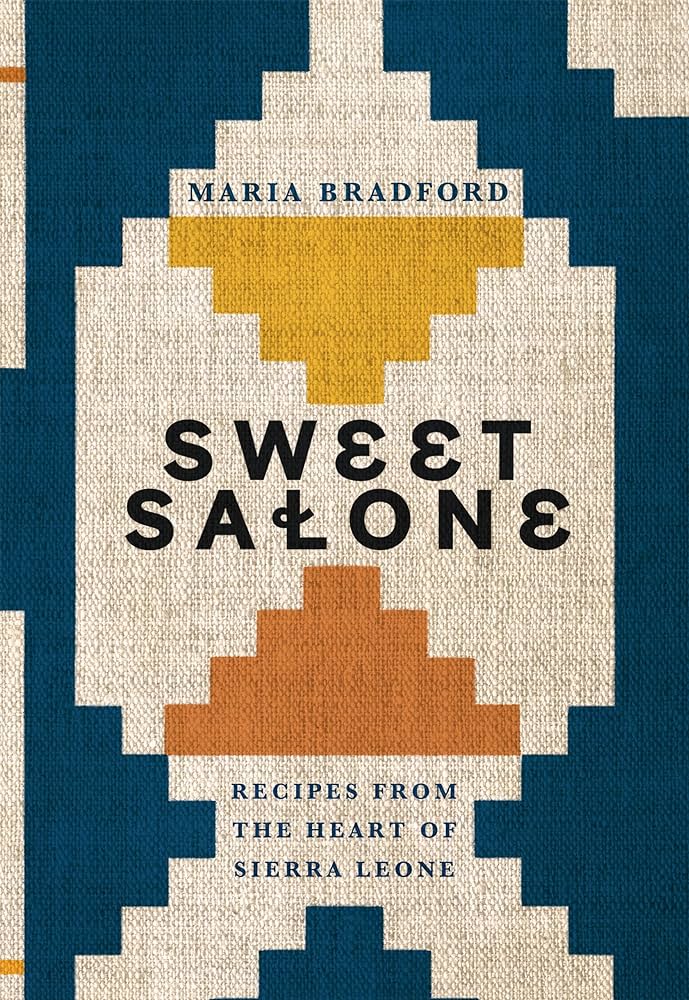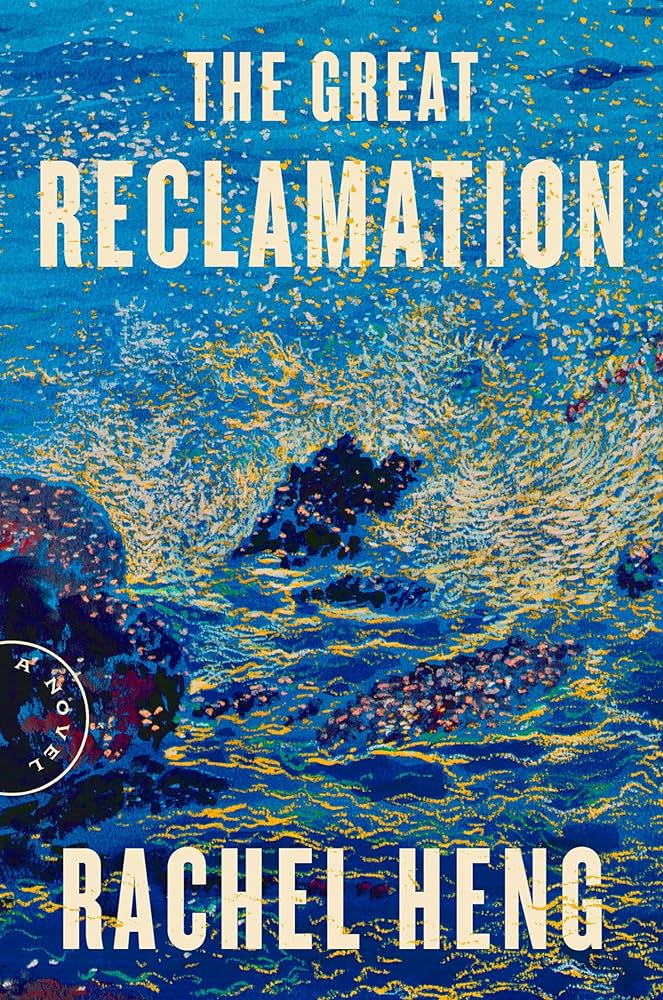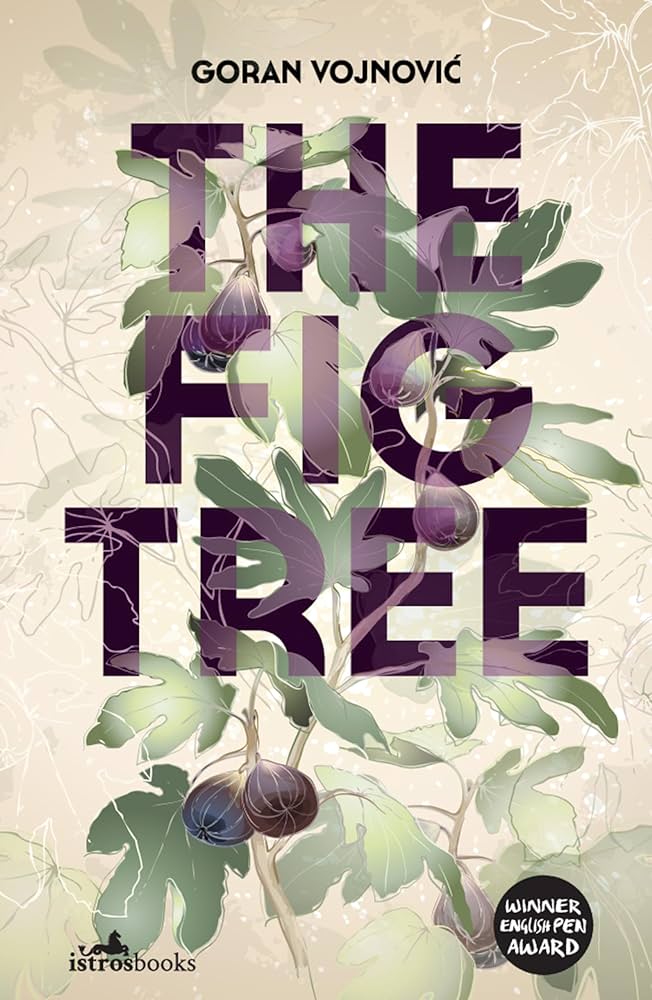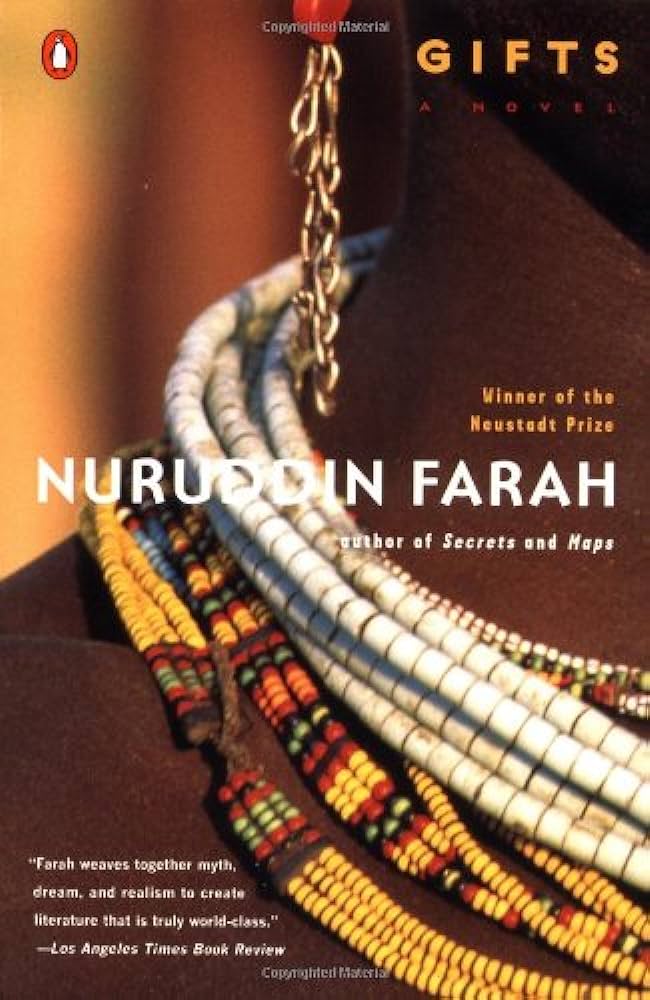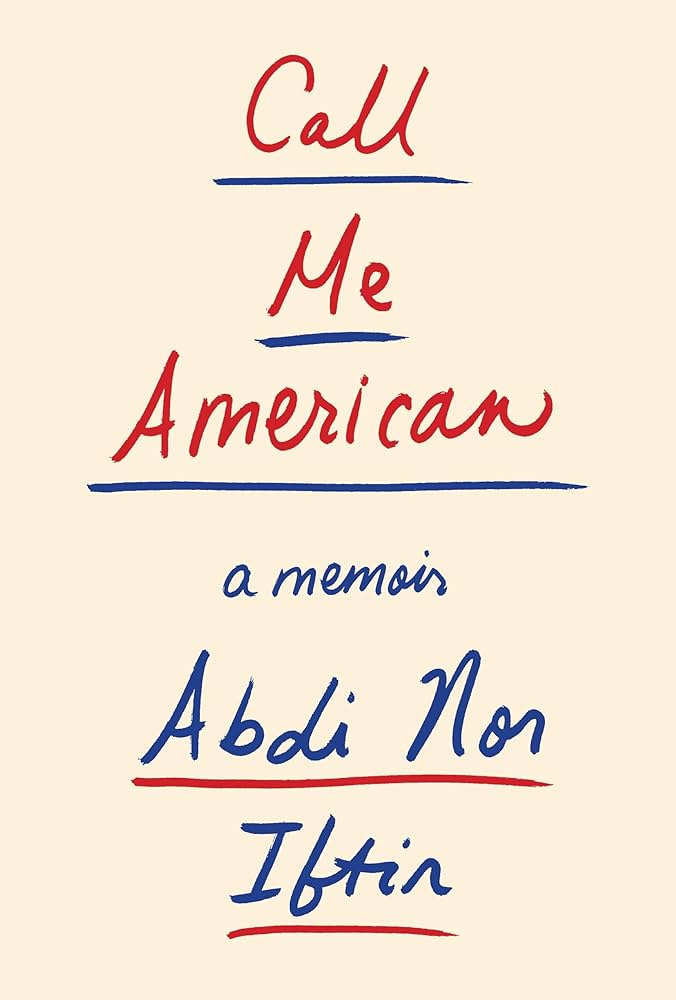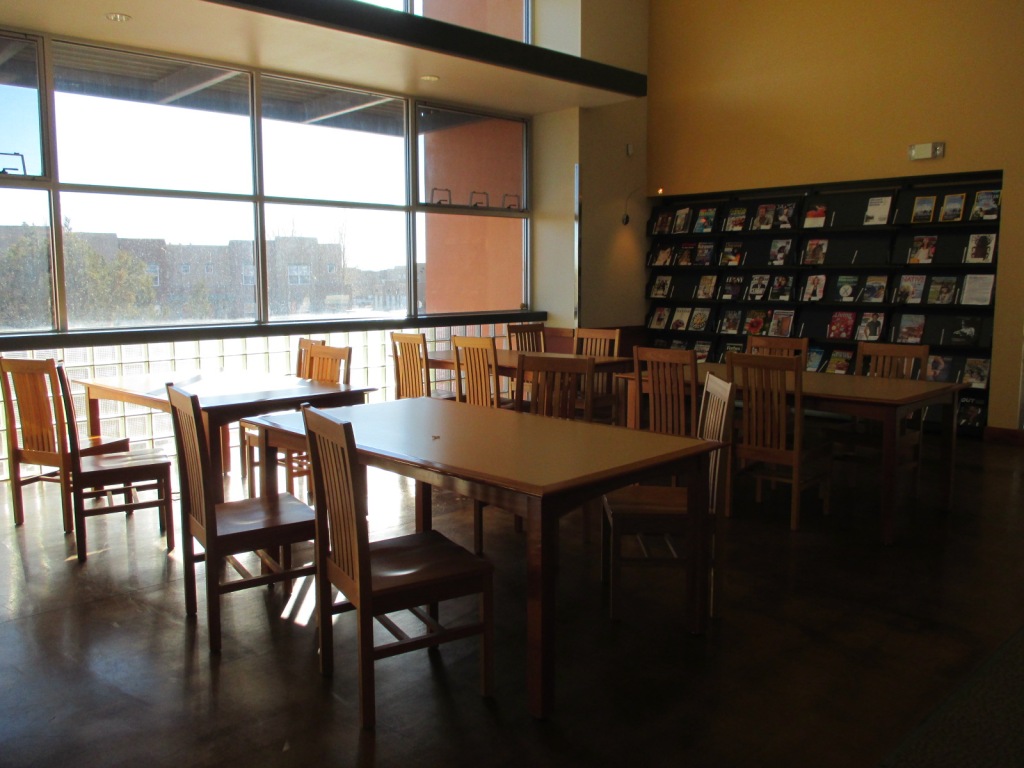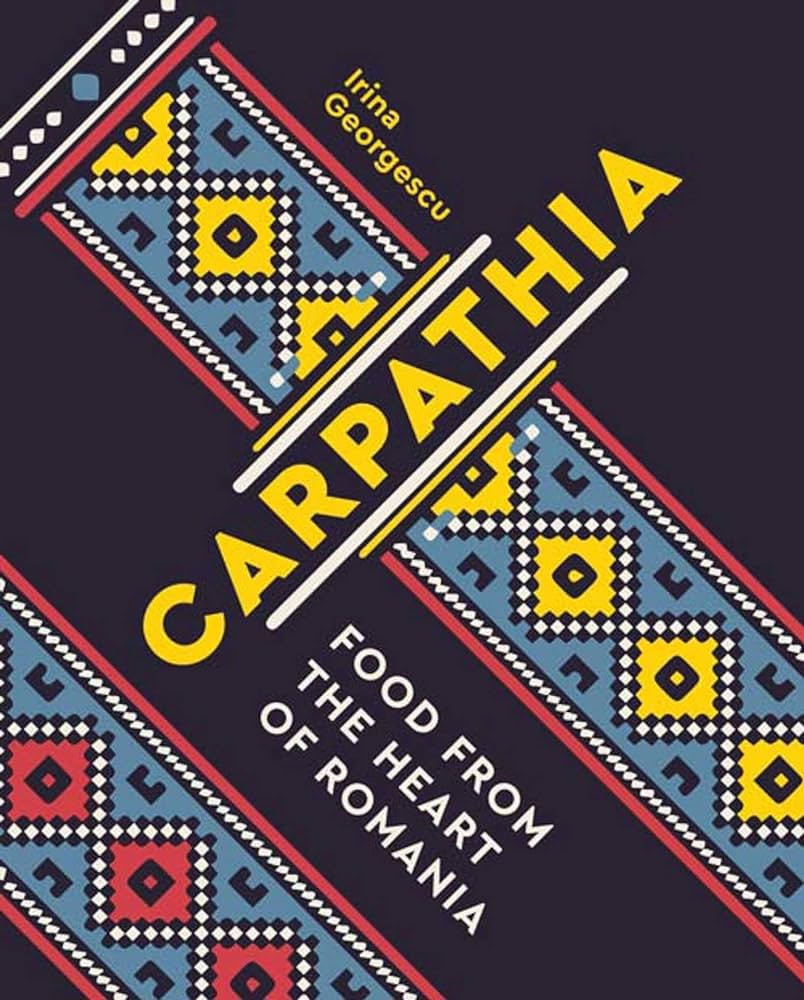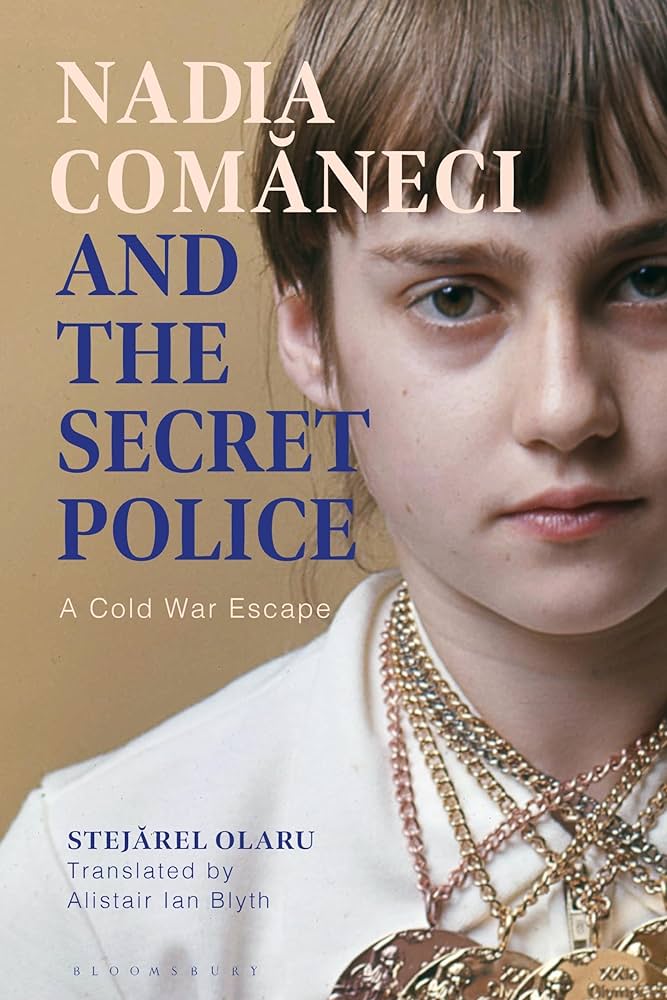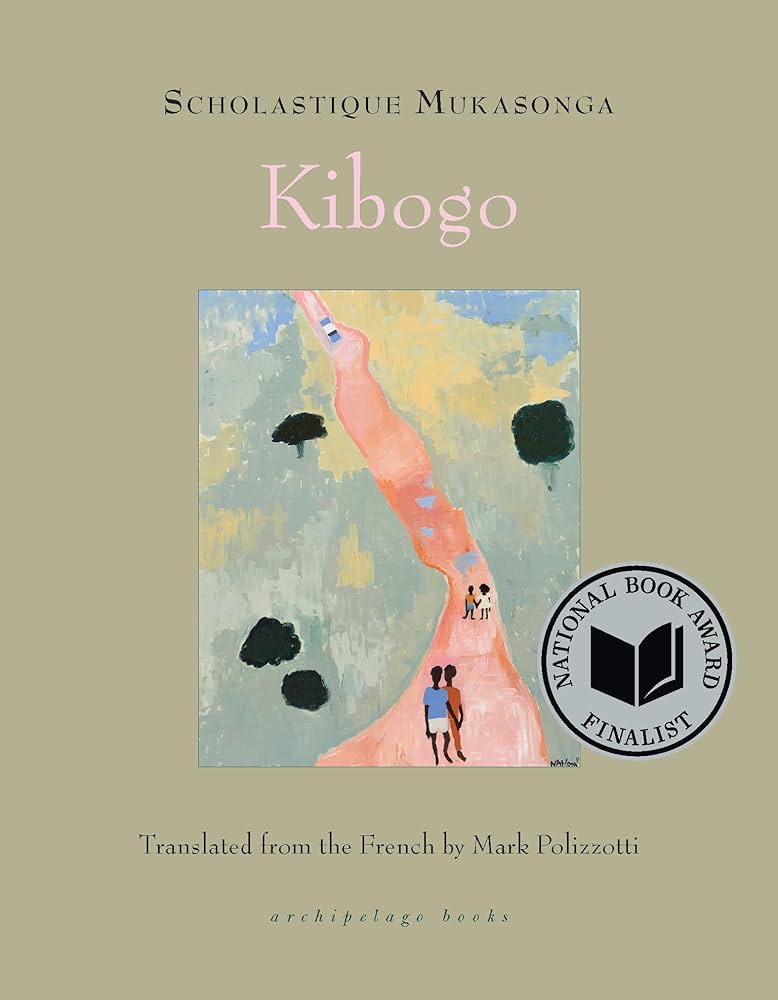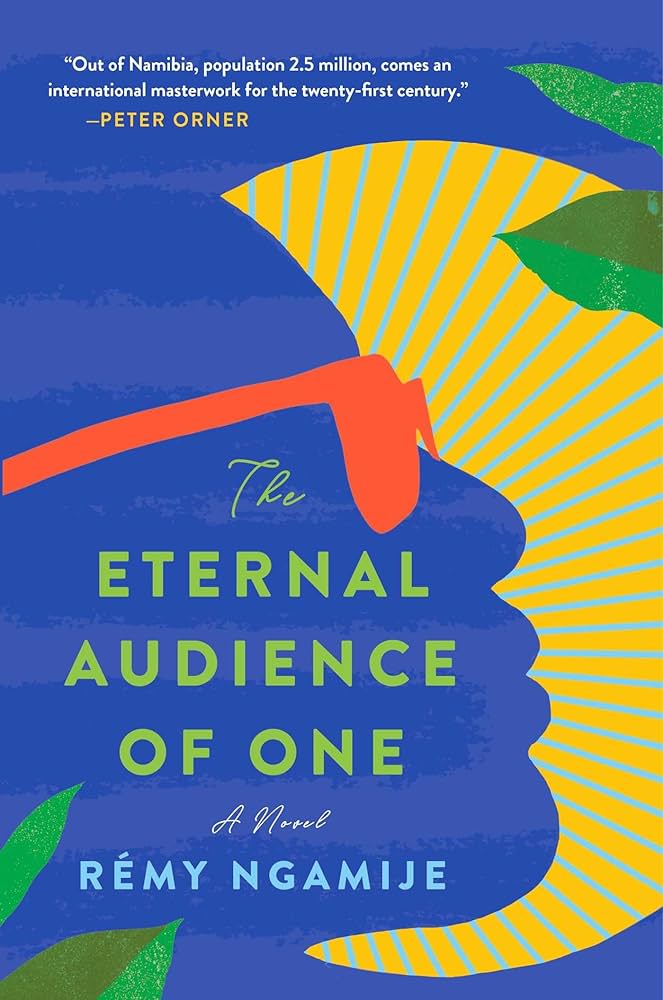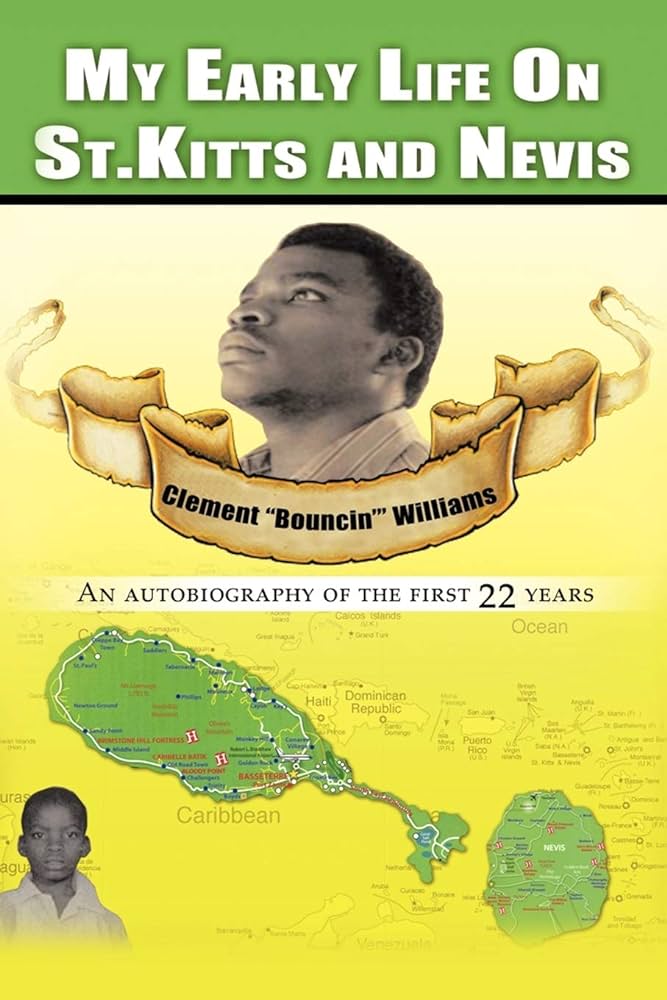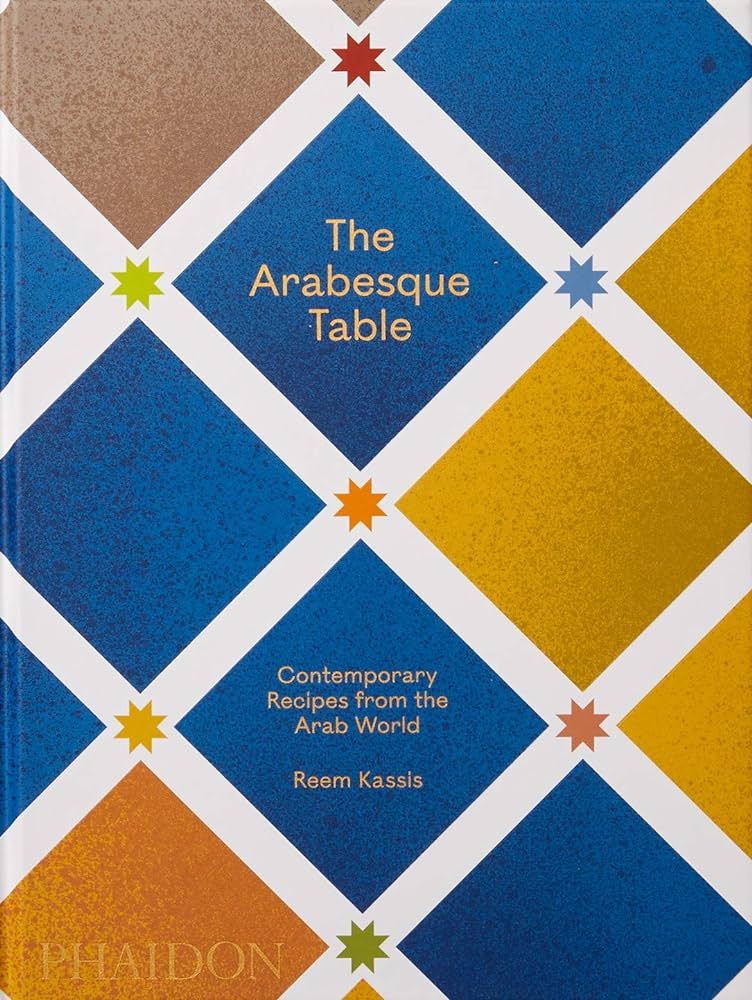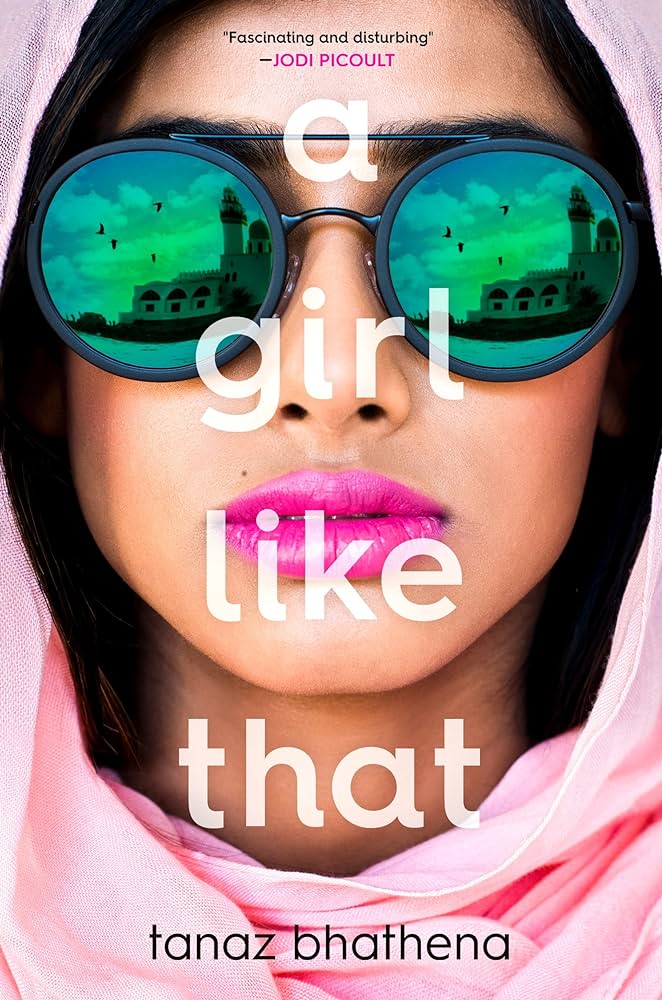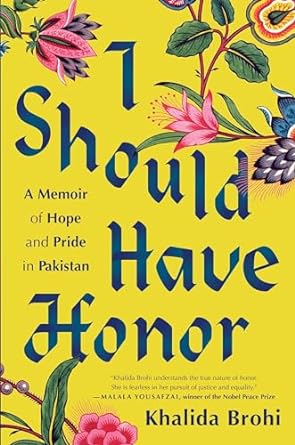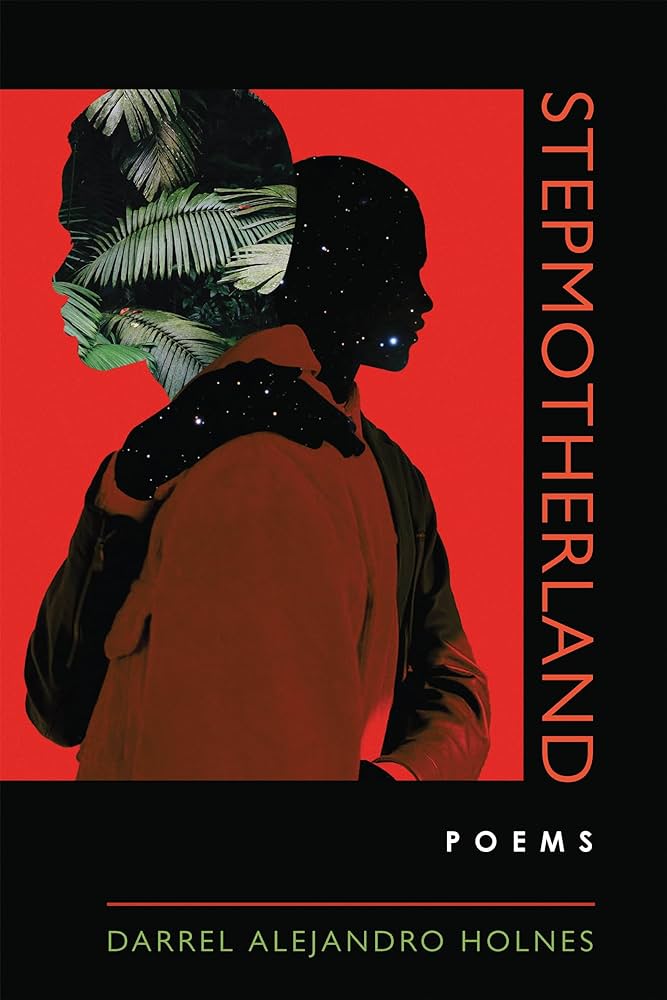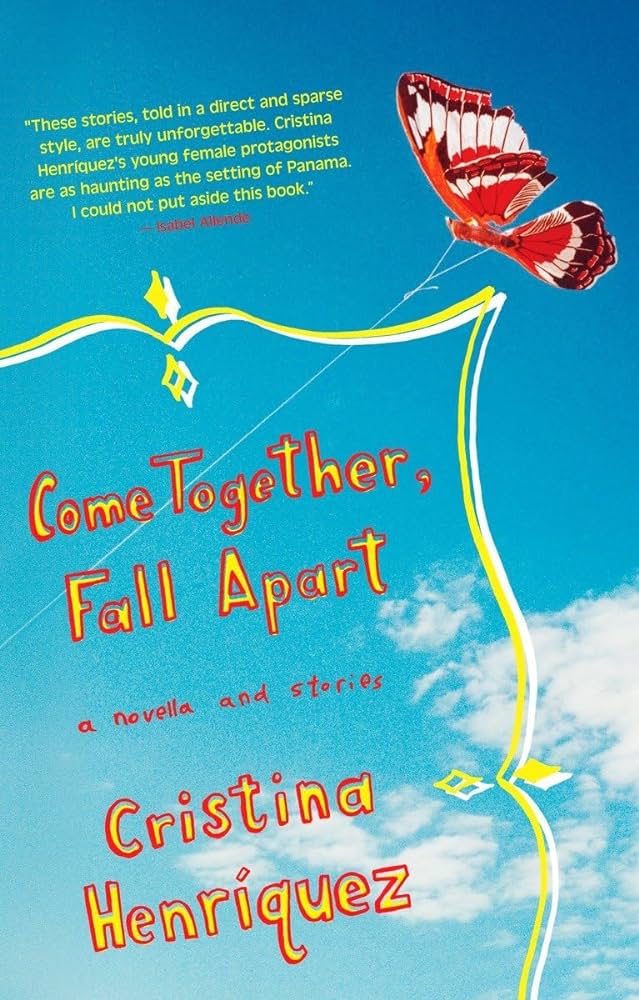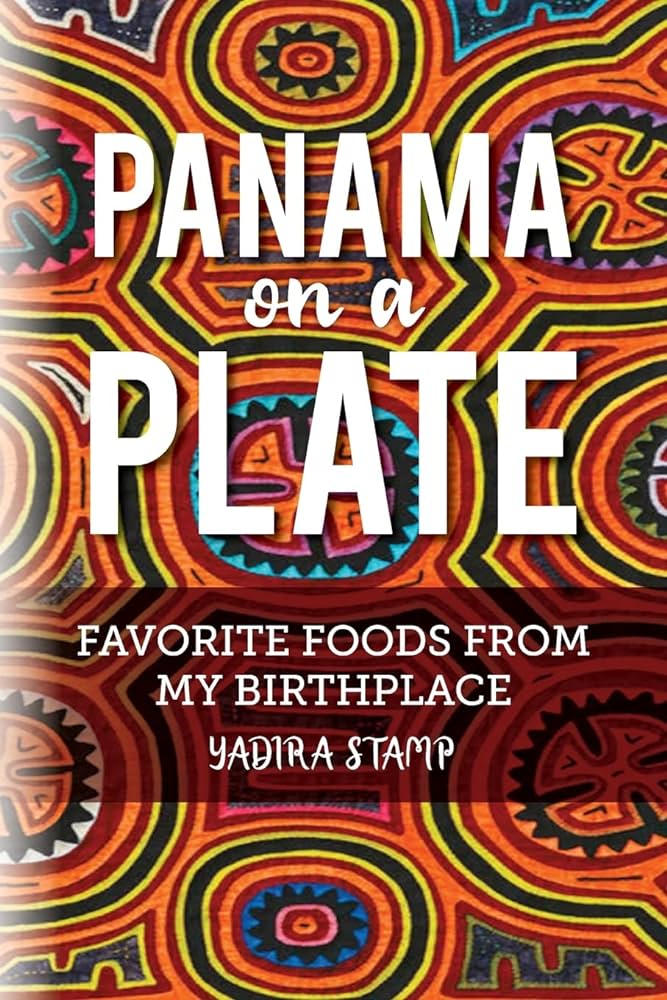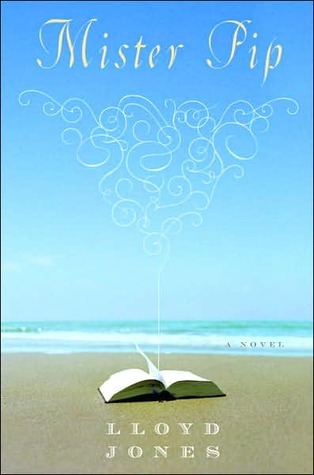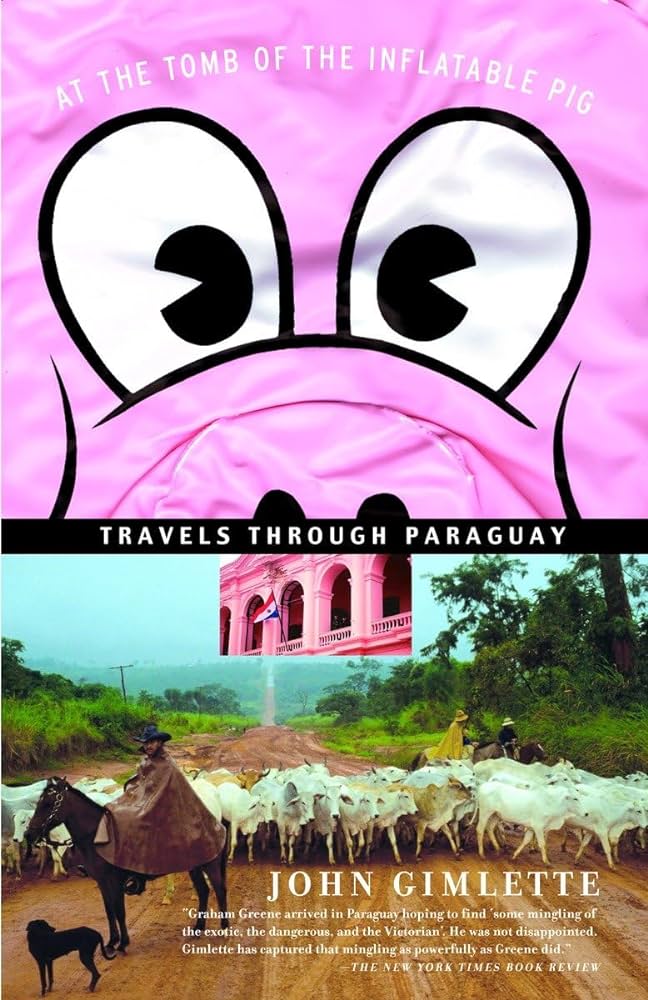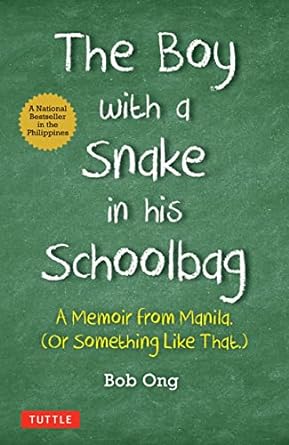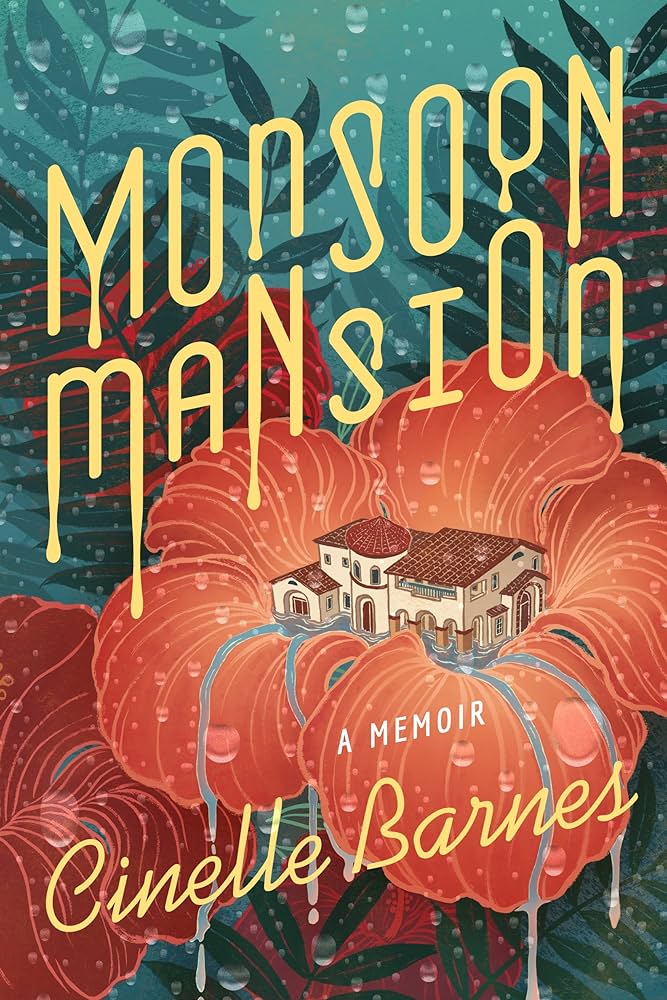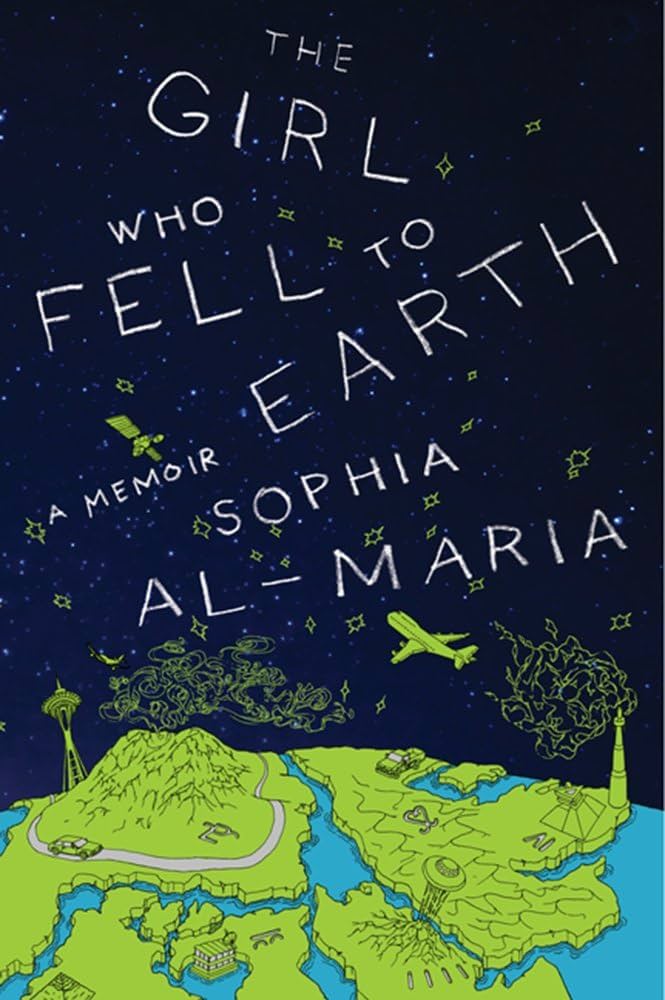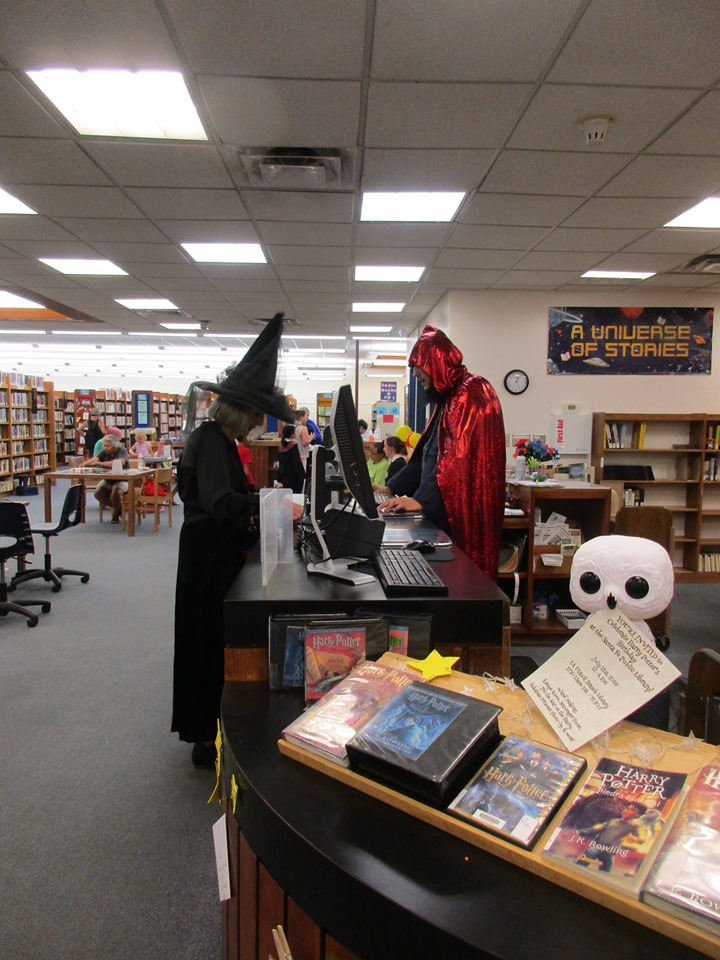How I Use the Library to Prepare for a Journey
By Christina S
.

.
I am planning a much anticipated, and needed, vacation for late this year to Quebec, Canada. I am really excited about this journey because I love exploring a new city, trying new foods, and seeing new things. I have never been to Quebec before so I want to familiarize myself with the city layout, it’s history, laws, and culture. I want to feel confident and comfortable exploring the city when we arrive and have a basic plan of what sights we want to see. This does make arriving, settling in, and making decisions easier, but it is especially important for my family because one of my adult children has medical needs. I need to make sure their needs can be accommodated and they can enjoy the vacation as much as the rest of us.
Below are some of the ways I am using the library to help me prepare for this journey, and I hope it helps you to use the library to prepare for your future adventures!
.

.
Travel Guides
The Library stocks a plethora of Travel Guides for destinations both domestic and foreign. These can help you plan for a journey in obvious ways. You can learn about your destination, what to expect, sights worth seeing, places to stay, places to eat, and cultural expectations. For my trip I am using the following:
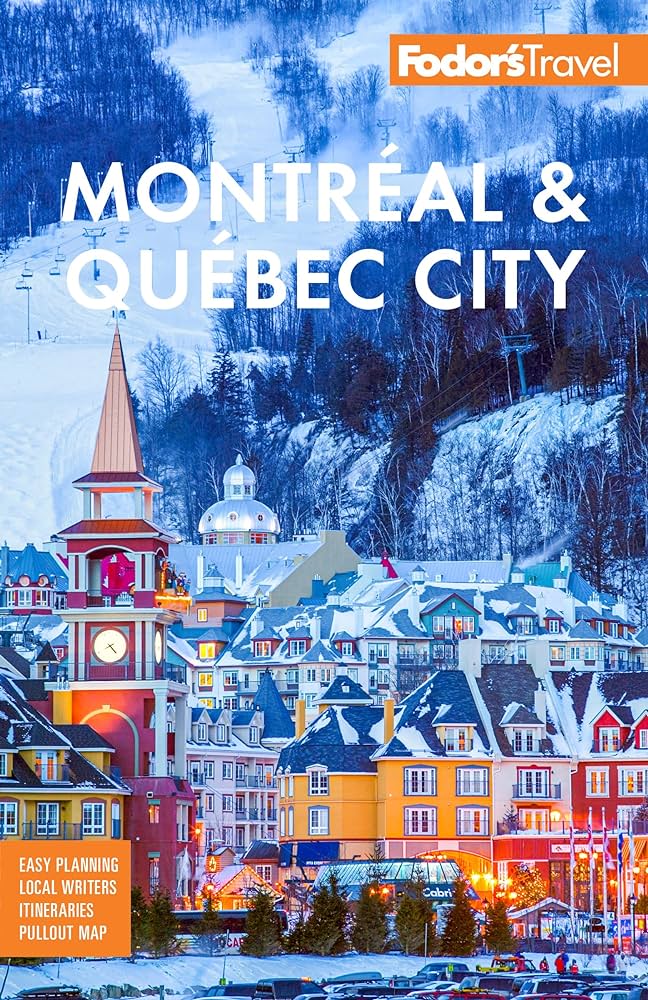
Fodor’s Montréal & Québec City (Full-color Travel Guide)
Whether you want to party at Jazz Fest, explore La Citadelle , or stroll the promenade in front of the Chateau Frontenac, the local Fodor’s travel experts in Montreal & Quebec City are here to help! Fodor’s Montreal & Quebec City guidebook is packed with maps, carefully curated recommendations, and everything else you need to simplify your trip-planning process and make the most of your time. This new edition has been fully-redesigned with an easy-to-read layout, fresh information, and beautiful color photos.

Lonely Planet Montréal & Québec City
Lonely Planet’s Montreal & Quebec City is our most comprehensive guide that extensively covers all the cities have to offer, with recommendations for both popular and lesser-known experiences. Stroll the cobblestoned streets of Old Montreal, catch some summer jazz, and sip beer and watch the world go by in the Quartier Latin; all with your trusted travel companion.
.
Atlas
I understand that some of you are wondering why I am including Atlases, especially with Google Maps on nearly every phone. The honest answer is that I love seeing the larger picture and I am of an age where I learned orienteering with paper maps. When I am planning a trip, whether it is a driving trip or I am flying in, I get a better sense of place and distance from a paper map and/or Atlas. Below are two Atlases in the SFPL collection that I am finding useful in preparing for my journey.

Historical Atlas of Canada : Canada’s history illustrated with original maps by Derek Hayes
Maps tells the story in this innovative volume, and the story of Canada they tell is profoundly engrossing and rewarding. The atlas covers a period of a thousand years and contains essentially all the historically significant maps of the country. Gathered from major archives and libraries all over the world, they include treasures from the National Archives of Canada, many never before published, and many from the archives of the Hudson’s Bay Company. Included are maps by the founder of New France, Samuel de Champlain, by Philip Turnor and Peter Fidler. There are English maps and French maps; Spanish maps and Russian maps; American, Italian and Dutch maps as well as maps drawn by Native people such as the Beothuk, Blackfoot and Cree. Canada’s colorful past unfolds in sumptuous visual detail and history seen from a whole new perspective.

Rand McNally 2024 Large Scale Road Atlas – 100th Anniversary Collector’s Edition
This updated 2024 edition contains maps of every U.S. state, plus expanded coverage of Canada and Mexico, that are 35% larger than the standard atlas version. Includes over 350 detailed city inset and national park maps and a comprehensive, unabridged index. Road construction and conditions contact information for every state are conveniently located on map pages. Contains mileage chart showing distances between 77 North American cities and national parks with driving times map. Tough spiral binding allows the book to lay open easily.
.
MANGO
Did you know that you can learn another language for free with your library card? It is called MANGO and is such a great resource, especially when you want to brush up on phrases and pleasantries before heading to a foreign land. Quebec is a French speaking city so I am using MANGO for myself and my kids. MANGO is easy and fun and you can learn over 70 different languages at your own pace and time. My family used it before we went to Sweden a few years ago and it really was helpful. I anticipate that it will be just as useful when we arrive in Quebec.

What’s available: Choose from over 70 languages to learn in this easy to use, self-paced online language learning system
Works on: Computers, tablets, and smartphones (The Mango Languages App is available in your App Store)
Visit the Troubleshooting Page to find answers to your questions about Mango, or call the Reference Department.
.
Reading
Before leaving on a trip, I find several books to read about the place where I am going. I usually read several before going, but will try to save one to read while on the trip. For me, there is something about reading where I am going to that helps me to connect more with the sense of the place. I find that it enriches my journey and deepens my appreciation for where I am going. If you are planning a trip, I encourage you to check out some books, either fiction or non-fiction, before you leave. For this trip I have settled on one contemporary and one historical book to read before the trip, and a Historical drama to read on the trip.

Bury Your Dead: a novel by Louise Penny
Much of this thriller takes place at the Morrin Center, where the library of the Literary and Historical Society of Québec City is housed, when an amateur archaeologist, obsessed with Champlain’s burial, is cruelly killed there.
Chief Inspector Armand Gamache is on break from duty in Three Pines to attend the famed Winter Carnival up north. He has arrived in this beautiful, freezing city not to join the revels but to recover from an investigation gone hauntingly wrong. Still, violent death is inescapable―even here, in the apparent sanctuary of the Literary and Historical Society, where one obsessive academic’s quest for answers will lead Gamache down a dark path. . .

Shadows on the Rock by Willa Cather
In 1697, Quebec is an island of French civilization perched on a bare gray rock amid a wilderness of trackless forests. For many of its settlers, Quebec is a place of exile, so remote that an entire winter passes without a word from home. But to twelve-year-old Cécile Auclair, the rock is home, where even the formidable Governor Frontenac entertains children in his palace and beavers lie beside the lambs in a Christmas créche. As Cather follows this devout and resourceful child over the course of a year, she re-creates the continent as it must have appeared to its first European inhabitants. And she gives us a spellbinding work of historical fiction in which great events occur first as rumors and then as legends—and in which even the most intimate domestic scenes are suffused with a sense of wonder.
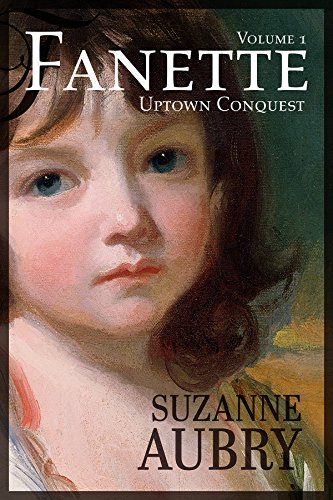
Fanette: Uptown Conquest, Volume 1 by Suzanne Aubry (Via OverDrive)
The Great Famine of 1845 in Ireland forced thousands of people to leave their beloved country. Many Irish immigrants chose Canada as their new home. Fanette-Uptown Conquest (volume 1) relates the story of Fionnuala, a seven year old girl, who travels in a “coffin ship” carrying her family from Ireland to Quebec City after the outbreak of the famine. Through courage and resilience, Fionnuala survives the ordeal of the voyage but loses both her parents to typhus. Along with her sister Amanda, she is placed on a farm near Quebec City and her name is changed to Fanette. The destinies of the two sisters are intertwined in a compelling saga exploring the depths of human cruelty and solidarity.
.
DVDs / Streaming
If you are a visual person like me then you understand how helpful watching videos of my destination can be. SFPL has a collection of DVD’s and streaming e-videos and I found it easy to locate and checkout some material on Quebec. For this trip I have chosen one travel DVD and one travel streaming e-video from the SFPL collection.

The Seasoned Traveler Quebec C’est Magnifique – DVD
It is the largest province in the second biggest nation on the face of the earth. Quebec is absolutely charming. We visit its world-class metropolis, Montreal, then its captivating capital, Quebec City, and journey northward into just a few of its many-splendored places. Bring your French phrase book along and prepare to enjoy la bon vie.

Curious Traveler – Season 3: Curious Quebec City
After nearly 500 years, French is still the official language of this North American city. How has this UNESCO World Heritage Site retained its ‘Frenchness’ after all this time? Why does the Château Frontenac hotel look like a French castle, and what does it have to do with the Canadian railway? What’s so curious about Rue Saint-Jean, Place Royal and Petit-Champlain?
.
e-Resources
Traveling can mean business and excitement, but it often also means downtime. Waiting for flights, evenings in your hotel room while winding down after a busy day, relaxation time by the pool, any variety of other situations all lead to downtime. Many of us travel with our phones and tablets these days and as long as you have internet access you can access the e-resources from SFPL anywhere in the world! Some of our resources allow you to download when you have internet so you can access them when you do not have internet. SFPL offers e-books, e-audio, e-videos, access to news, and e-music, which often is enough to keep anyone entertained during the lulls of travel.

What’s available: Latest digital magazines, eBooks, and eAudiobooks, including Kindle titles
Works on: Computers, tablets, and smartphones (The Overdrive App is called “Libby” and available in your App Store)
You can have: 5 checkouts at a time, 7-14 days per checkout
Get help from Overdrive.

What’s available: eBooks, eAudiobooks, movies, music, television series, and eComics
Works on: Computers, tablets, and smartphones (The hoopla App is called “hoopla Digital” and available in your App Store
You can have: 6 checkouts of any type per month

What’s available: Films, television, documentaries, Great Courses, and Kanopy Kids content including digital story time
Works on: Computers, tablets, and smartphones (The Kanopy App is available in your App Store)
You can have: 15 tickets per month (tickets used per checkout vary by title)
Visit the Help Page to find answers to your questions about Kanopy or call the Reference Department

What’s available: Streaming music and music videos
Works on: Computers, tablets, and smartphones (The Freegal App is called “Freegal Music” and available in your App Store)
You can have: Freegal currently has unlimited streaming and 3 downloads per month

New Mexico Newspapers (NewsBank)
Santa Fe New Mexican: 9/7/1994 – Present
Albuquerque Journal: 1/1/1995 – Present
Roswell Daily Record: 1/2/2002 – Present
With your library card




